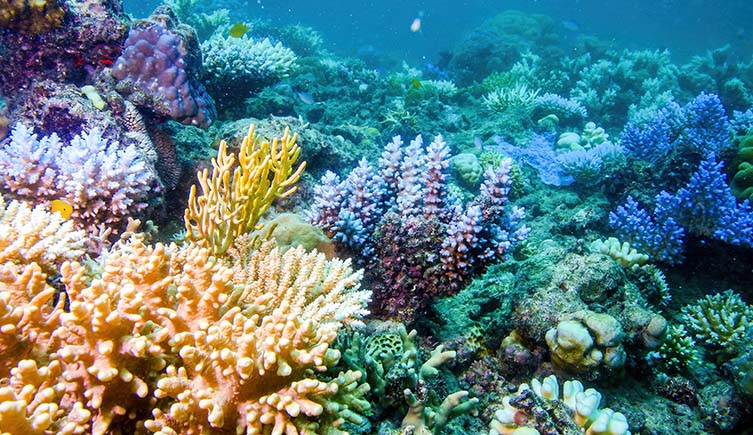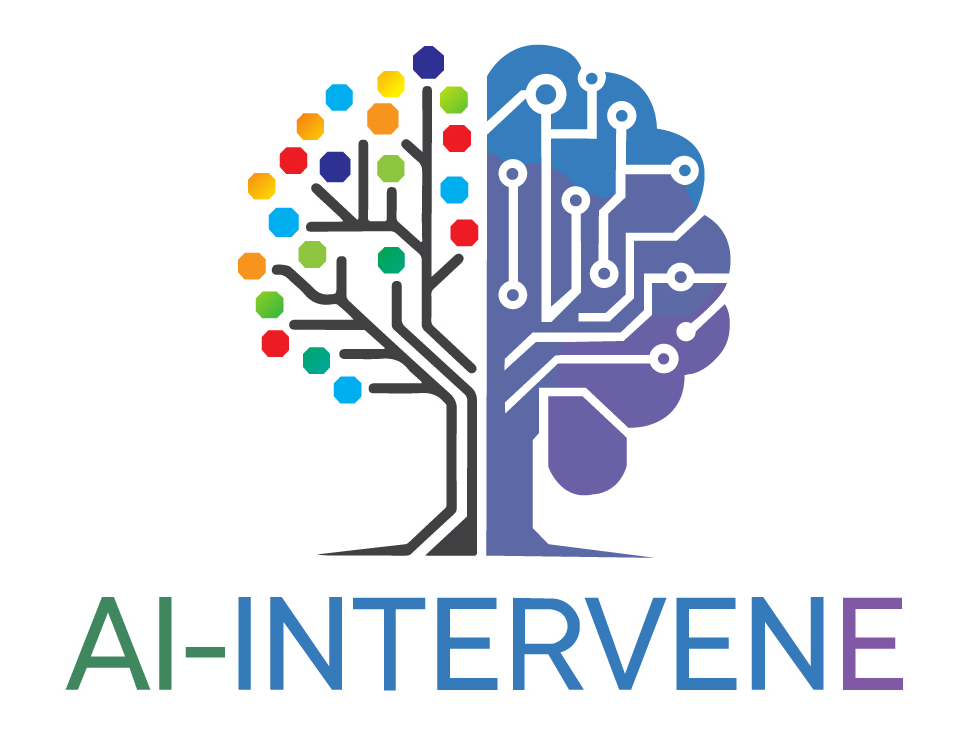Application details
Deadline to apply: Monday 27 January 2025

© Alexandre.ROSA/ Shutterstock
Over the last two decades, ecological monitoring of coral reefs has transitioned from traditional in-situ surveys to photographic transects and, more recently, to full 3-dimensional digital twins created through Structure-from-Motion.
Underwater imagery provides a valuable record of benthic communities, but classifying this content to extract ecological information remains a resource-intensive challenge, necessitating automation.
This project addresses these challenges by developing AI-based methods for coral identification and segmentation. Specifically, it will focus on building a semantic-aware hierarchical classification method using large vision-language foundation models, creating a Segment Anything Model (SAM)-based approach for coral segmentation, and developing data-efficient adaptation techniques for vision-language models to enhance coral recognition.
These advancements will support dense visual understanding of coral reefs, contributing to improved ecological monitoring and analysis.
This project addresses biodiversity by building AI models to classify and segment coral reef, enabling precise assessments of coral biodiversity and dynamics.
Automated identification and segmentation of coral reef, along with functional trait mapping, will yield critical insights into community composition, species interactions, and ecosystem health.
A comprehensive training programme will be provided, comprising training both in applied AI and biodiversity, and transferable professional and research skills. The project includes a placement with an AI-INTERVENE project partner of between 3-18 months in duration. The student will present at national and international conferences, placing the student at the forefront of the discipline, leading to excellent future employment opportunities.
This project would be suitable for students with a degree in computer science, remote sensing, marine biology, or a closely related field. Ideally candidates should have experience in machine learning, computer vision, or ecological data analysis, with strong programming skills (Python preferred).
Familiarity with deep learning frameworks (e.g., PyTorch or TensorFlow) and a background in marine ecology, biodiversity assessment, or 3D modelling would be advantageous. This interdisciplinary project is well-suited for students interested in applying advanced AI.
Deadline to apply: Monday 27 January 2025
University of Reading
Natural History Museum

.png)